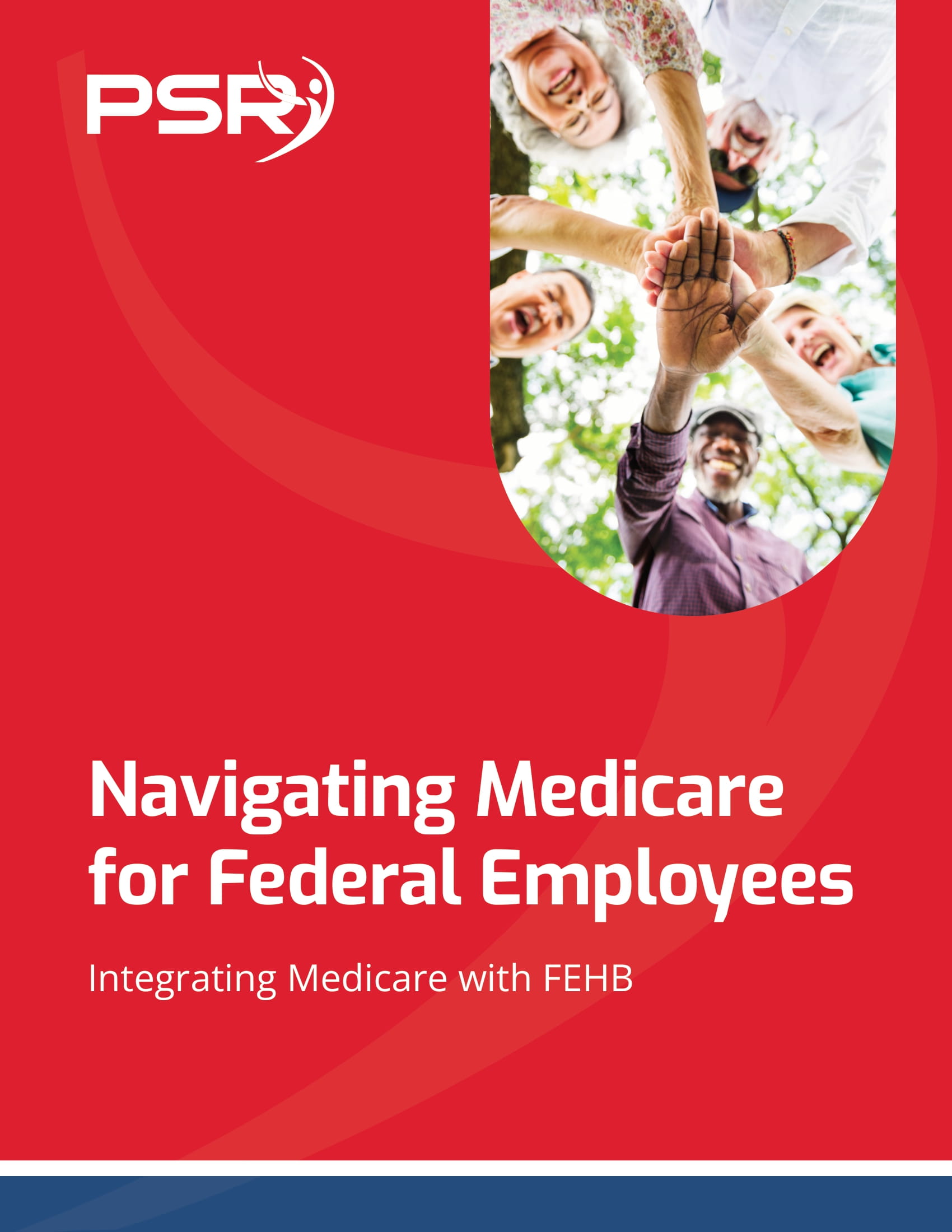Key Takeaways:
- Divorce can significantly impact your federal benefits, including your pension, Thrift Savings Plan (TSP), and insurance policies.
- It’s essential to understand how court orders and agreements divide these benefits so you can plan for a secure financial future.
Navigating Divorce as a Federal Employee
- Also Read: Divorce and Your Federal Pension—What Happens When You Split Assets and How It Could Affect Your TSP
- Also Read: What Happens to Your Federal Benefits After Divorce? Here’s the Lowdown
- Also Read: The Best FEHB Plans for 2025: Which One Fits Your Lifestyle and Budget the Best?
In this article, we’ll break down how these benefits could be affected by a divorce and what you can do to make sure you’re prepared.
How Federal Pensions Are Divided
Your federal pension is one of the biggest assets that could be impacted by a divorce. If you’re a FERS (Federal Employees Retirement System) or CSRS (Civil Service Retirement System) employee, your pension could be considered marital property, depending on the laws in your state.
The actual division of your pension typically happens through a court order called a court order acceptable for processing (COAP). This document outlines how much of your pension your ex-spouse is entitled to receive, and it’s binding to OPM (Office of Personnel Management), which administers the payments. This isn’t something that gets handled automatically, though. Your divorce settlement needs to spell out exactly how your pension will be divided, otherwise, OPM won’t take action.
Timing Matters
When it comes to your pension, timing is key. The longer you’ve been married while working as a federal employee, the bigger the share your ex-spouse may be entitled to. A court may award them a portion of the pension based on the number of years you were married during your federal service, sometimes referred to as the “marital share.”
For example, if you were married for 15 out of your 30 years of service, the court may award half of those 15 years to your ex-spouse, meaning they’d get a quarter of your total pension.
Survivor Benefits
Another factor to consider is survivor benefits. If your divorce agreement doesn’t specifically address survivor benefits, your ex-spouse might not be entitled to them, even if they receive a portion of your pension. So, if ensuring survivor benefits for them is important to you (or required by the court), make sure it’s included in your settlement.
What Happens to Your TSP?
The Thrift Savings Plan (TSP) is often treated like any other retirement account in divorce, meaning it can be divided as part of your settlement. Unlike your pension, which can’t be accessed until you retire, your TSP is a defined contribution plan that you can contribute to (and take withdrawals from) at certain times.
To split a TSP in a divorce, you’ll need a retirement benefits court order (RBCO). Once you have this court order, the TSP will freeze your account until the division is processed, meaning no loans or withdrawals are allowed until everything is sorted out.
The Details of Splitting TSP
You and your ex-spouse can agree on how the TSP should be split, but the court order must specify the amount or percentage they’re entitled to. Importantly, your ex-spouse can choose to roll over their share of the TSP into their own retirement account, like an IRA, which can avoid immediate tax consequences.
Also, be aware that if you’ve taken out any loans against your TSP, those will need to be factored into the division. This could affect how much is left to split.
How Divorce Impacts Your Insurance
Divorce doesn’t just impact your pension and TSP; it can also affect your federal life insurance and health benefits.
FEGLI Coverage and Beneficiaries
If you have FEGLI (Federal Employees’ Group Life Insurance), your ex-spouse may still be able to receive benefits if they’re listed as your beneficiary. Divorce doesn’t automatically remove them, so if you want to change the beneficiary after the divorce, you’ll need to file the proper forms. Alternatively, your divorce settlement might require you to keep your ex-spouse as the beneficiary, so be sure to check that language carefully.
Keep in mind that if your FEGLI policy was issued while you were married, a court could potentially order you to maintain coverage for your ex-spouse or children, depending on the circumstances.
Health Benefits After Divorce
Your ex-spouse will no longer be covered under your FEHB (Federal Employees Health Benefits) once your divorce is finalized. They will, however, have the option to continue coverage under the Temporary Continuation of Coverage (TCC) program, which is similar to COBRA coverage. This allows them to continue receiving health insurance for up to 36 months, but they will have to pay the full cost of the premiums, plus a 2% administrative fee.
It’s important to understand that once your divorce is final, FEHB can only cover you and any eligible children. If your ex-spouse needs longer-term health coverage, they’ll need to seek their own policy.
Keeping an Eye on the Details
When splitting federal benefits in a divorce, one of the biggest pieces of advice I can give you is to get everything in writing. Divorce agreements can be complex, especially when they involve pensions, TSP, and insurance policies. Be clear about who gets what and make sure it’s all included in the final settlement. If something’s not specifically outlined in the court order, the federal government won’t enforce it, meaning your ex-spouse could miss out on their share, or you could end up paying more than intended.
Planning for the Future Post-Divorce
Divorce is tough, and splitting your federal benefits can make it feel even more complicated. But there’s good news: with a clear understanding of how your pension, TSP, and insurance could be affected, you can take steps now to secure your financial future.
Whether it’s revisiting your TSP allocations, updating beneficiaries, or simply planning ahead for what retirement will look like post-divorce, there are ways to protect your assets and ensure you’re still set up for success.
Don’t forget that things like your pension and insurance may need to be adjusted again if you remarry or if your life situation changes. Staying on top of these details will make sure you’re not caught off guard down the road.
Sorting Out Your Federal Benefits: Take Action
When it comes to splitting federal benefits in a divorce, being proactive is key. Take the time to review your pension, TSP, and insurance options with a financial advisor or legal professional familiar with federal benefits. This isn’t something you want to leave to chance. By understanding the rules and getting everything clearly documented, you can avoid surprises later on and ensure that both you and your ex-spouse are fairly covered.













